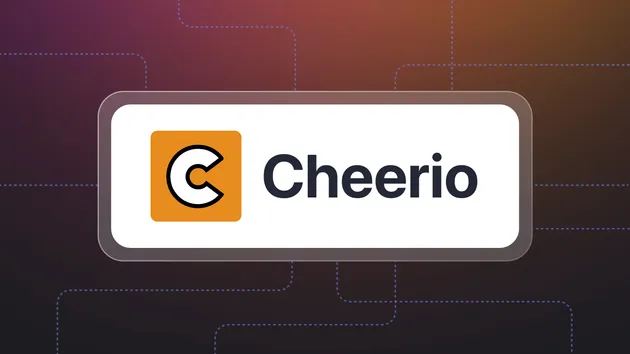Rust Input Function Example
Pricing
Pay per usage
Go to Apify Store
Rust Input Function Example
Dynamically compile and run input-provided page function. Like Cheerio Scraper but in Rust.
0.0 (0)
Pricing
Pay per usage
2
3
1
Last modified
10 months ago
Example actor showcasing running a user-provided function in a static-typed compiled language.
How does it work
- Reads the input from disk or via Apify API
- Extracts the
page_functionstring from the input - Stores the
page_functionstring to the disk - Spawns a system process using
cargoto compile thepage_functioninto a dynamic library - Dynamically links the library and converts the
page_functioninto a regular Rust function. It must adhere to predefined input/output types. - The example code gets HTML from the input provided
urland parses it into adocumentusing the Scraper library - The user-provided
page_functiongets thedocumentas an input parameter and returns a JSON Value type using thejsonmacro
Page function
Page function can use a predefined set of Rust libraries, currently only the Scraper library and serde_json for JSON Value type are provided.
TODO
But technically, thanks to dynamic compiling, we can enable users to provide a list of libraries to be used in the page_function.
Example page_function





